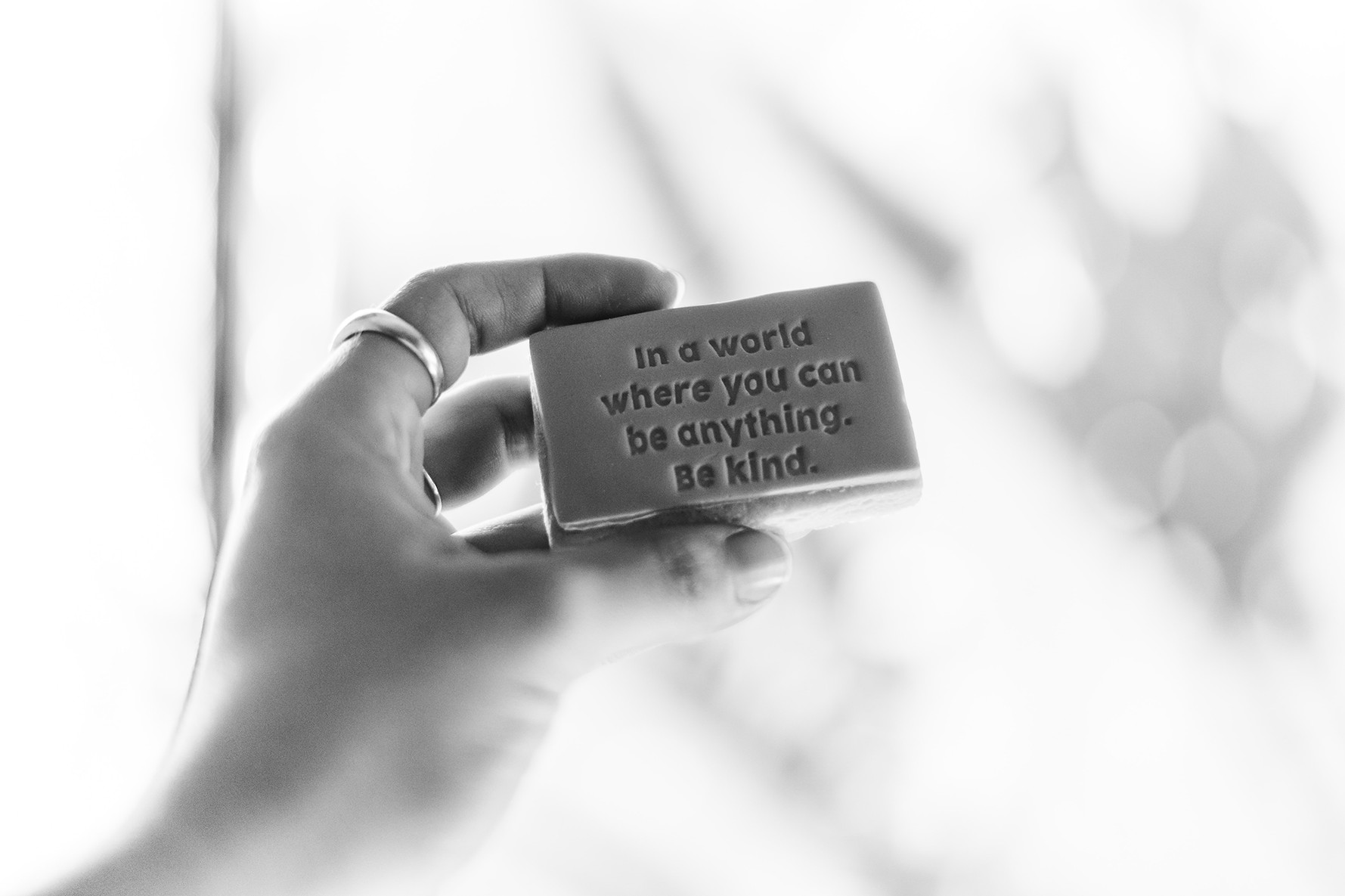
Setting aside time to practice daily compassion is an important component of mental and physical wellbeing. Practicing compassion for ourselves and others helps us to navigate the difficult times and cope with unexpected changes, disruptions, and losses. We all have times when we feel overwhelmed, confused, disappointed, or lost. We all falter, lose sight of our goals, and suddenly realize we haven’t been acting like who we want to be, or in alignment with what we want to stand for. In these difficult times it is easy for that harsh judgmental voice to be the only voice we hear. We may beat ourselves up, engage in endless self-criticism, or waste our precious time and energy trying to suppress or control these uncomfortable, unwanted thoughts and feelings. Many of us attempt to do this with food, drugs or alcohol, shopping, arguing, avoiding or even general busyness. It can be exhausting. In these moments what we really need more than ever is kindness and compassion.
Self-compassion is defined as “the act of extending compassion to one’s self in instances of perceived inadequacy, failure, or general suffering”. A simple example of self-compassion would be when you stub your toe and you sit down for a minute to acknowledge the pain and hold your toe soothingly. The opposite of compassion is yelling at or criticizing yourself for stubbing your toe and then kicking the wall and making yourself feel worse. Which makes you feel better? Which do you tend to do? If you tend towards the self-critical, are you willing to try something different?
While we don’t have the power to stop our minds from generating upsetting thoughts, compassion and kindness are an effective way to help us to relate to our thoughts in a different way. If you are willing to give this a try here are some simple ways to practice kindness and compassion towards yourself:
One of the easiest practices is to start your day with a brief exercise of placing your hand on your heart or any place on your body you are experiencing pain, doubt, or judgement and repeat this simple phrase: “I’m noticing I’m feeling pain, may I treat myself kindly”.
Speak kindly to yourself when you make a mistake, fail at something, or experience rejection. Acknowledge that mistakes are a part of being human, growing, and developing resilience. Remind yourself that everyone makes mistakes.
Be kind to your body by treating it gently and with gratitude. Think of all the ways your body is amazing and identify things you can do to be kind to your body in this moment such a taking a walk outside, eating a nutritious meal, taking a warm bath, or even giving yourself a big hug.
Make room for your pain by acknowledging the feelings you are having and allowing the feelings to be there without trying to fight them off. This frees up your energy to do something important and meaningful in that moment even while the feelings are still there.
When we are able to see more clearly from a place of compassion, we are much better able to manage life’s challenges more effectively. We begin to see thoughts and emotions as things that come and go rather than defining who we are. We are then able to utilize our energy in life affirming ways rather than on the battlefields of our minds. By recognizing that life is not a neat linear process like the 100 yard dash on a track but more like a bumpy trail run, and disruptions are something to be expected rather than feared, we are able to treat them as what they are: temporary setbacks rather than what our minds tell us they are: insurmountable obstacles, yet another failure.
Today, see if you can begin practicing self-compassion. As you go through your day notice any moments when you could use some gentleness and compassion and try out one of these exercises. Notice if this practice starts to help you recognize the importance of everyday compassion.
By Tina Kaminski, MA, MSW, LISW-CP
Let's Talk